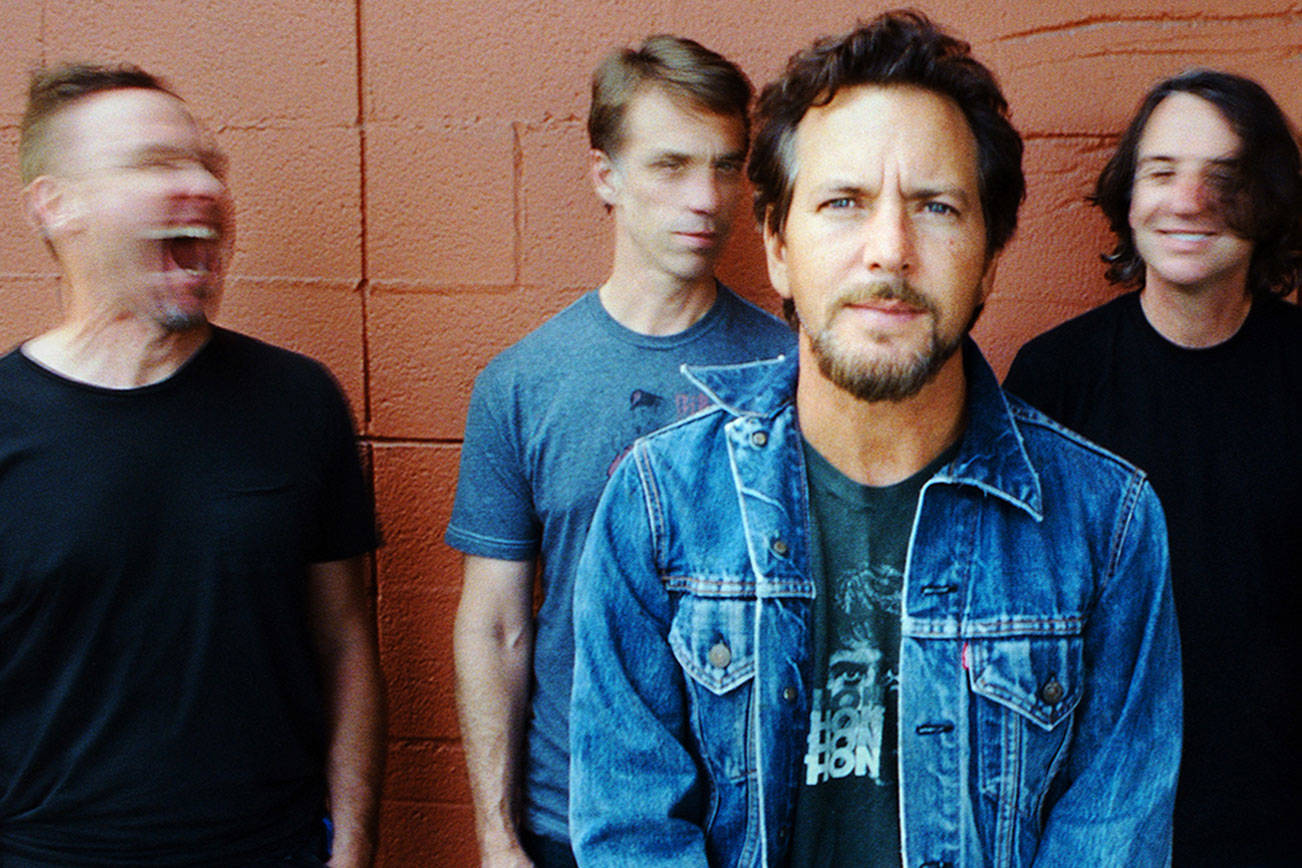

But those who say protest music itself is dead may not be paying very close attention.

Somehow, mind-changing, mainstream protest songs don’t seem to have survived into the 21st century. “If it is a eulogy, it’s a eulogy for the idea of the mainstream protest song,” Lynskey says over the phone from London, “the undeniable mainstream protest song which soundtracks certain events and maybe even changes people’s minds.” It’s a long, slow fade that British author Dorian Lynskey tracks in his recent book “33 Revolutions Per Minute: A History of Protest Songs, From Billie Holiday to Green Day.” Chapter by chapter - 33 in all - Lynskey examines the work of Nina Simone, Gil Scott-Heron, the Clash, Bruce Springsteen and others who made fire at the intersection of music and activism.īut in the tome’s epilogue, the author wonders if he’s actually written a eulogy for the protest song. Martin Luther King Jr.’s words changed history that afternoon, the songs surrounding it epitomized a decade of politically charged pop music that gave a soundtrack to the civil rights movement and rebuked the war in Vietnam.īut nearly a half-century later - with unpopular wars quietly raging overseas and end-times economic panic blaring at home - protest songs seem to have lost their power, potency and appeal. (Photo by National Archive/Newsmakers)Īfter that came Bob Dylan, Odetta, Peter, Paul and Mary, Marian Anderson, Josh White and the SNCC Freedom Singers, all raising their voices against racial injustice at the March on Washington.

Folk singers Joan Baez and Bob Dylan perform during the March on Washington.


 0 kommentar(er)
0 kommentar(er)
